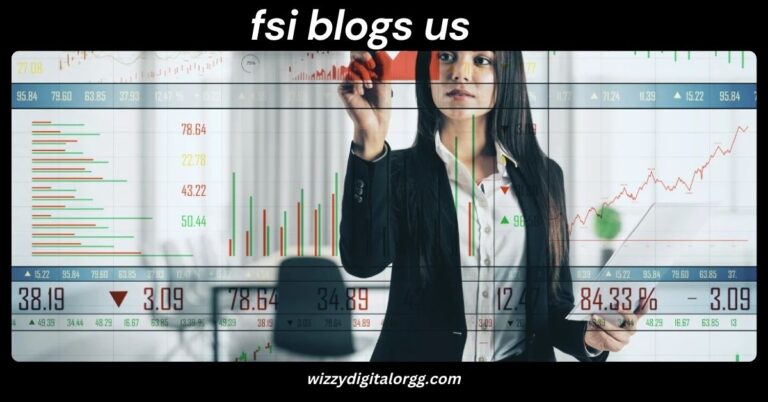
When you run a small business, you probably wear a bunch of different hats as it’s up to you to make sure everything is getting done correctly. But in the middle of all that, insurance isn’t something that should sit quietly on your ‘I’ll sort it later’ list. Get it wrong and you’re left exposed. Get it right, and it’s one less thing keeping you up at night.
So what types of insurance do small businesses actually need? Not hypothetically. Not the ‘in an ideal world’ list. We’re talking about the ones that genuinely matter – the policies that stop minor issues turning into full-blown financial sinkholes. Here’s what small businesses should seriously consider.
Employers’ Liability Insurance
First up we have employers’ liability insurance. Now this policy isn’t optional; it’s required by the law. If you employ anyone (and yes, anyone whether that’s part-time or full time staff or even temporary contracts) you are legally required to have employers’ liability in place. This is because as their employer, you’re the one who’s responsible for their health and safety, and if one of your staff members has an accident while working for you, you’re the one who will be found liable. That means compensation… But this policy really does come to your finances’ rescue, and covers the cost of medical and legal expenses.
Public Liability Insurance
Public liability insurance is for those instances where a member of the public has an accident on your premises (or they may get sick because of the work you do), and you’re found liable. You could own a small shop and someone slips on your recently mopped floor, they could put in a claim against you. Claims for personal injury or property damage can run into tens of thousands. And even if the claim doesn’t succeed, the legal defence costs alone can be extremely punishing. Public liability insurance is designed to cover that risk. This policy is good for small businesses to have because it protects you from the unpredictable. And let’s face it – customers are often unpredictable.
Professional Indemnity Insurance
When advice goes wrong, this cover is designed to cover you from claims of negligence or breach of professional duty. You could be a small accounting firm or a financial advisor; professional indemnity or PI insurance is something you should consider getting. If the advice you give leads to your clients losing money, they could sue you. Anyone can make a mistake, and if a client thinks you have, and they decide to pursue you legally, you’ll want to be protected. Legal defence alone can be expensive, and if the case goes against you, compensation can be substantial.
Buildings Insurance
If you’re the owner of the premises you work out of, then you should have buildings insurance. This cover protects the building against damage, for example those caused by fire, floods, storms or even vandalism. If something like this happens to your building, then the costs to repair or even rebuild the premises (depending on how damaged the building is) could be significant. Having this cover will make sure that you’re financially protected, and you can actually afford to repair the building.
Business Interruption Insurance
This one’s less about the damage and more about the domino effect. Business interruption insurance helps cover lost income and operating expenses if you’re forced to stop trading due to an insured event (like a flood, fire, or theft. It doesn’t get your premises fixed) that’s what your property insurance is for. But it does help cover lost revenue, temporary relocation, ongoing staff wages, and fixed costs while you’re unable to operate. Think of it as the policy that helps you stay afloat while you’re not bringing money in.
Business Equipment Insurance
Every business has its essentials. For some, it’s laptops and cameras. For others, it’s sewing machines, drills, or laser cutters. Business equipment insurance covers the tools you rely on to do your job – whether that’s creative, technical, or manual. It’s not just about theft. Damage from fire, flooding, or even accidental breakage can be enough to halt operations. And while contents insurance might cover the gear when it’s at your premises, business equipment insurance can protect items you take off-site too – ideal if you work on location, travel between jobs, or exhibit at trade shows.
The real value here isn’t in the cost of the equipment itself (although that’s part of it), it’s in what you lose when it’s out of action. Downtime. Missed deadlines. Lost contracts. Business equipment insurance can help cover the cost of repair or replacement quickly so you’re not stuck waiting to get back on track.
Cyber Insurance
Cyber threats aren’t just something big banks and tech firms worry about. Ransomware, phishing attacks, and data breaches can hit anyone – from sole traders to small ecommerce stores. And the cost isn’t just reputational. It’s operational. Cyber insurance helps cover the cost of data recovery, legal fees, regulatory fines (in some cases), customer notification, and business interruption. It can even help with PR support to manage reputational damage. With the average cost of a cyberattack on a UK small business estimated at over £4,000, it’s not just a ‘nice to have’. Even a mistakenly sent email containing sensitive data can trigger a serious data breach under GDPR. If you hold customer data, process card payments, or rely on a website or computer systems to trade, cyber insurance is well worth considering.
Optional Extras
There are other policies that might not apply to every business but are vital for specific sectors:
Tool insurance – for tradespeople whose equipment is everything
Contract works insurance – for builders and contractors mid-project
Directors and Officers (D&O) insurance – for businesses with multiple directors making strategic decisions
Each business is different. What’s essential for a bakery might be irrelevant for a marketing agency. But having a commercial insurance broker who understands your setup can help you identify what you really need – and what’s just window dressing.
Final Thoughts: Insurance Is A Safety Net
Small business owners often see insurance as another box to tick, or worse, an unnecessary drain on cash. But the right policy doesn’t just offer peace of mind – it can be the reason your business survives a crisis. You don’t need every policy on the market. You just need the ones that protect the specific way you work.
That’s where commercial insurance brokers come in. They don’t try to sell you cover you don’t really need; instead they get to know your business, walk through your risks, and tailor your policy so you’re not under- or over-insured. Because when something goes wrong, you want to know you’ve got someone in your corner who actually understands what you do – and has your back when it counts.
- fsi blogs us – Complete Guide to Financial Services Insights in the US
- LypoSingrass – A Complete Guide to Benefits, Uses, Side Effects, and More
- c896a92d919f46e2833e9eb159e526af: A Comprehensive Guide
- As Told by Ncyzoyos Nusuzu: A New Era of Storytelling Through Tradition, Technology, and Collective Voice
- Who is the strongest in Demon Slayer?



